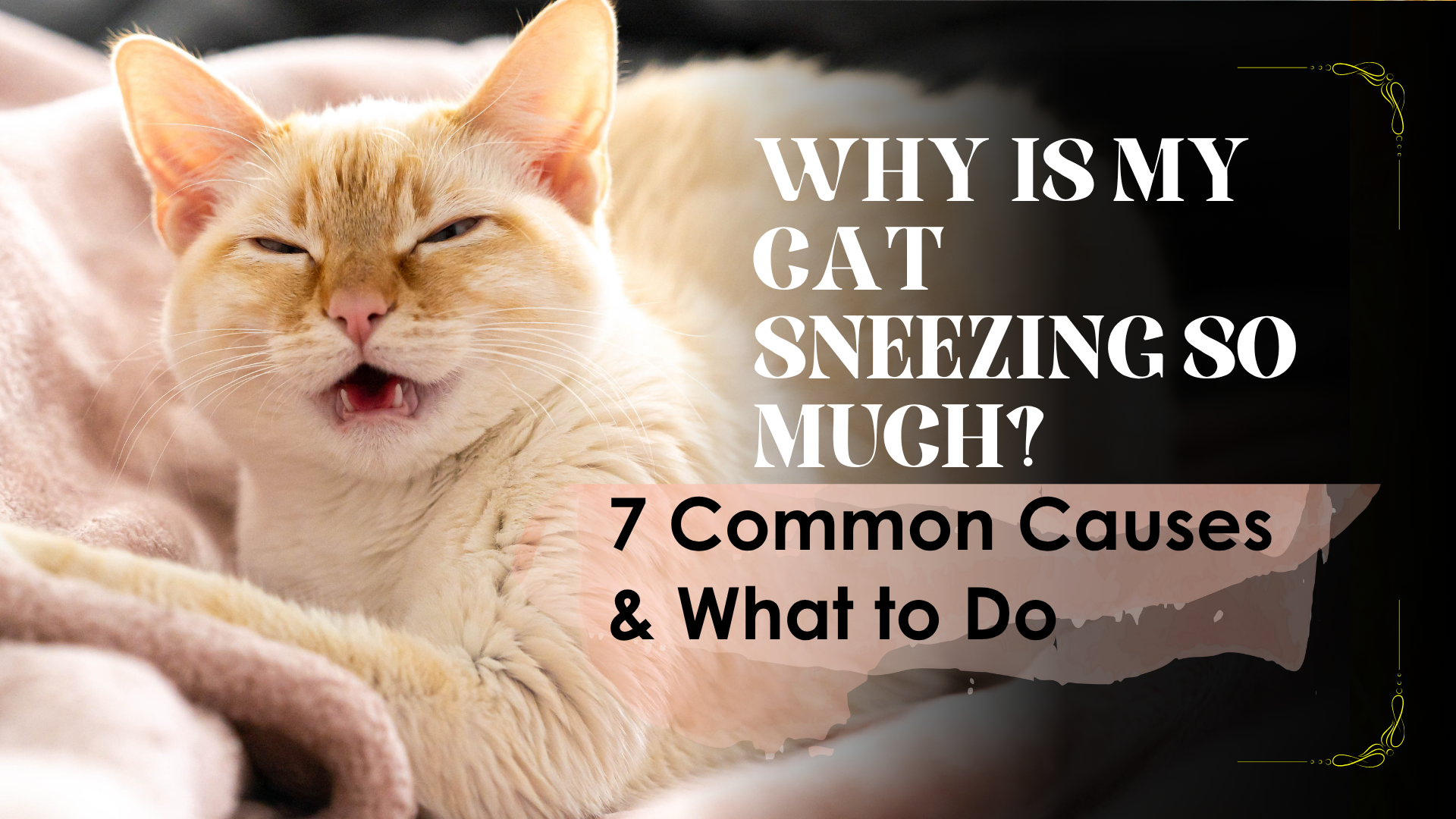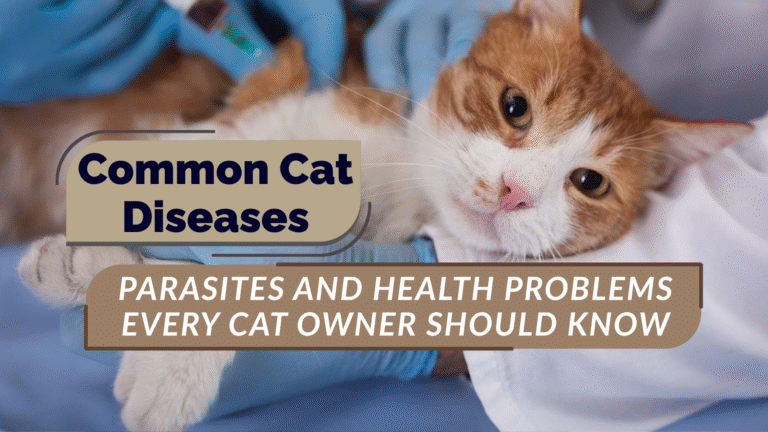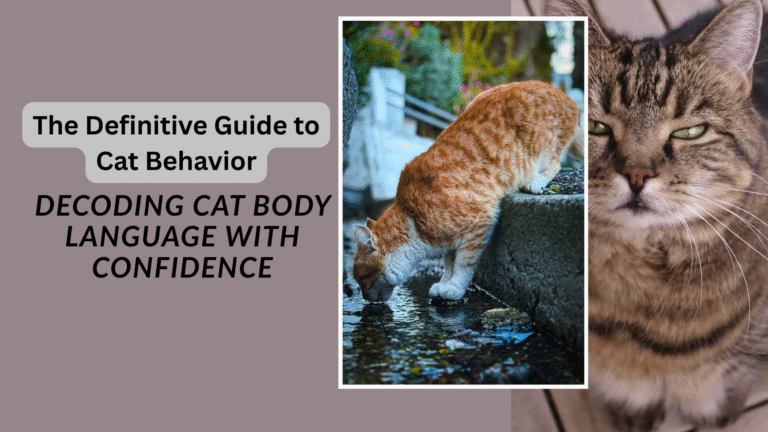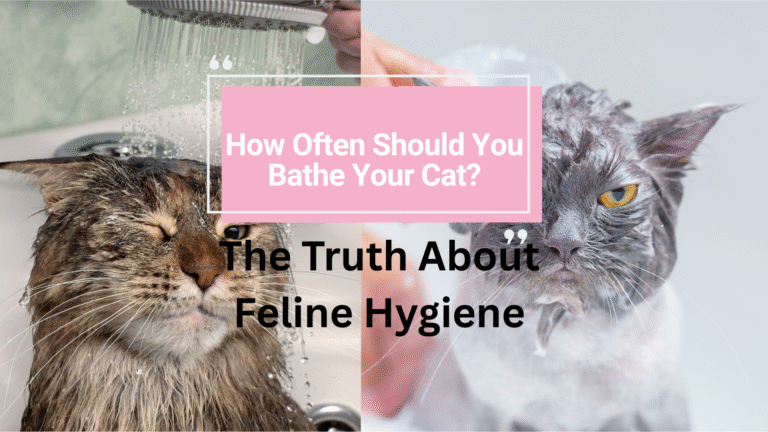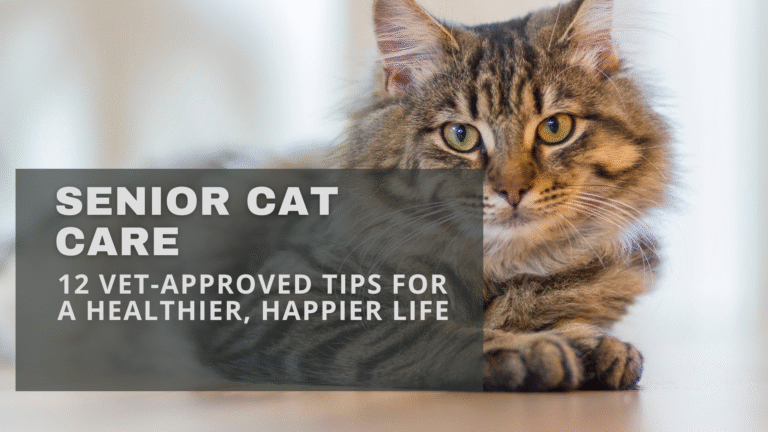Why Is My Cat Sneezing So Much? 7 Common Causes & What to Do
Ever heard your cat emit a small sneeze and think, “Aww, how cute!”? We all have. The occasional sneeze is not typically a problem cats, just like people, may sneeze when a bit of dust tickles their nose. But if your cat is sneezing over and over or is in obvious discomfort, it’s only natural to ask, “Why is my cat sneezing so much?”
As a cat parent, I know lounging on the couch with my cat Pumpkin, who all of a sudden became a sneeze machine. What I learned was that sneezing in cats can be anything from innocuous (such as dust or pollen) to something requiring a vet’s intervention (such as an infection).
Here in this guide, I’ll have broken down 7 most common reasons cats sneeze, told you what to do about them, and addressed important questions such as, “Is it usual if my cat sneezes multiple times per day?”
Common Allergies in Cats
Cats, just like humans, are also allergic to allergens. If you observe that your cat sneezes during cleaning, especially when using perfumes or during spring pollen season, allergies could be the reason.
Typical allergy triggers include:
-
Dust or dust mites
-
Pollen and mold
-
Cigarette smoke or strong fragrances
-
Household cleaners and sprays
How to help:
Consider switching to fragrance-free cleaners, dusting more often, or using an air purifier. If allergies appear bad, a vet may suggest antihistamines or an exam to eliminate other causes.
Feline Upper Respiratory Infections (URIs)
One of the most common reasons cats sneeze excessively is an upper respiratory infection. Think of it as the feline version of a cold.
Symptoms to watch for:
-
Sneezing paired with a runny nose or watery eyes
-
Loss of appetite or lethargy
-
Coughing or mild fever
URIs are often caused by viruses like feline herpesvirus or calicivirus. These infections spread easily between cats, especially in shelters or multi-cat homes.
What to do:
Most viral infections resolve with supportive care keeping your cat comfortable and hydrated. But if they get worse or persist for more than seven days, a trip to the vet is in order.
Irritants in Your Home
Occasionally the issue is as plain as an irritant around your cat. Aromatic candles, aerosols, or even dusty litter can cause sneezing.
Pro tip:
Switch to unscented or dust-free cat litter and refrain from spraying perfumes or air fresheners in areas your cat likes to frequent.
Dental Problems
Dental problems can cause cats to sneeze. Gingivitis or tooth infections can extend into the sinus cavities and result in sneezing episodes.
Signs of dental issues include:
-
Bad breath
-
Drooling or pawing at the mouth
-
Reduced appetite
A dental examination and cleaning can be a real lifesaver for your cat’s health and their sneezing.
Foreign Objects (Yes, It Happens!)
Cats are naturally inquisitive. A piece of grass, small seed, or speck of dust stuck in the nasal cavity can trigger sneezing spasms.
When to suspect this:
If sneezing is violent, sudden, and persistent, and your cat appears to be pawing at their face or nose, consult a vet immediately.
Chronic Rhinitis
If sneezing has persisted for weeks or months, chronic rhinitis (ongoing nasal inflammation) could be the culprit. It’s frequently an ongoing result of an earlier infection.
Management tips:
-
Utilize a humidifier in the home.
-
Maintain the cat’s living space clean and free from dust.
-
Talk to your vet about treating the underlying condition that will decrease inflammation.
Serious Conditions to Rule Out
Though uncommon, ongoing sneezing can at times be a sign of more severe medical conditions, such as nasal polyps, tumors, or fungal infections. If your cat is sneezing blood, green discharge, or major swelling, don’t hesitate make an appointment at the vet ASAP.
Is It Normal If My Cat Sneezes Dozens of Times a Day?
The occasional sneeze is normal once or twice a day, consider it normal. But if your cat is sneezing dozens of times a day, something is wrong.
Possible reasons include:
-
Allergies or dust exposure
-
Lingering infections
-
Foreign objects or irritants
Next steps:
Monitor when sneezing occurs (after a clean? in the vicinity of specific plants?) and report this to your vet. A simple checkup can eliminate infections or other causes.
How to Help a Sneezing Cat at Home
You don’t have to freak out at the initial sneeze, but these are some home care tips:
-
Boost hydration: Wet food or a water fountain stimulates cats to drink more.
-
Clean their environment: Vacuum frequently and minimize dust.
-
Run a humidifier: Humid air relieves nasal inflammation.
-
Limit irritants: Avoid strong perfumes or cigarette smoke.
When to See a Vet
Call your vet if:
-
Sneezing persists for longer than a few days.
-
There is thick or colored nasal discharge.
-
There are signs of lethargy, loss of appetite, or breathing problems.
-
Sneezing is accompanied by bleeding or severe facial swelling.
Quick Table: Cat Sneezing Causes & What to Do
| Cause | Safe to Wait? | Action |
|---|---|---|
| Dust or mild allergy | ✅ Yes | Remove irritants, monitor |
| Upper respiratory infection | ⚠️ Maybe | Vet check if >3-4 days |
| Dental issue | ❌ No | Schedule dental exam |
| Foreign object | ❌ No | Immediate vet visit |
| Chronic rhinitis | ⚠️ Ongoing | Vet-guided care |
FAQs
Is it normal if my cat sneezes dozens of times a day?
No, frequent sneezing isn’t typical. It might suggest allergies, infections, or irritants that need attention.
Can indoor cats get colds?
Yes, indoor cats can pick up viral infections if they are exposed to other cats or infected items.
Will my cat’s sneezing go away on its own?
Mild conditions due to dust or minor allergens usually recover on their own quickly. Chronic sneezing needs to be examined by a vet.
Can I give my cat human allergy medicine?
Never give medication without consulting a vet. Some human medications are poisonous to cats.
Do cats sneeze when stressed?
Stress itself is not the cause of sneezing, but it can compromise immunity and initiate flare-ups of viral infections.
Is cat sneezing contagious to humans?
Most cat viruses are species-specific, so you’re safe. But always wash your hands after handling a sick cat.
Conclusion: Don’t Ignore the “Achoo”
One sneeze from your cat is no cause for concern but if you’re repeatedly saying, “Why is my cat sneezing so much?”, it’s time to take a closer look. From dust and allergies to infection or dental problems, there are many reasons. By watching your cat, making a few easy changes at home, and knowing when to visit a vet, you can keep your feline healthy and content.

